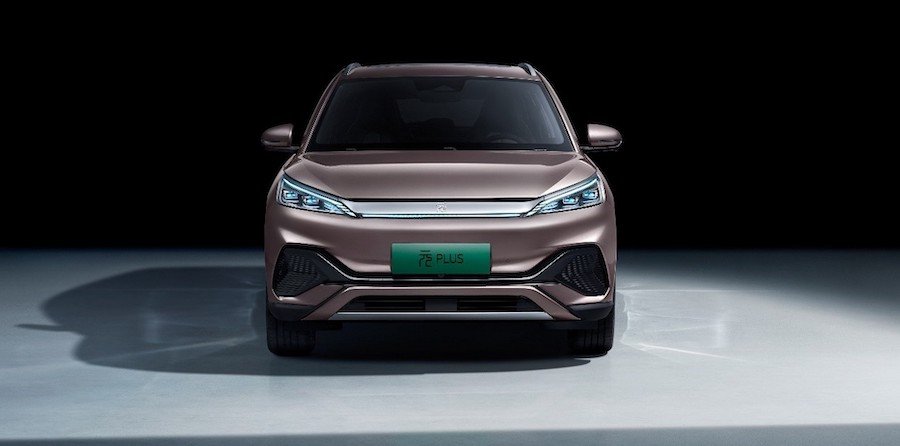BYD Recalls 96,714 BEVs in China Due to Manufacturing Error, But Is Yours Affected?

Now that it is clearly relevant, we have several English-language websites about what happens there. Google also helps by automatically translating pages from Mandarin into English. That is how we discovered two of BYD's most important products are facing a recall in China that can extend to all places where these cars are sold.
You certainly have already heard about the BYD Dolphin and the Yuan Plus, also called ATTO 3 in several international markets. They are among the company's best-sellers at home and are the leaders of the sales charts in places that still do not have the Dolphin Mini. That means they are exported abroad in high numbers, even if China is probably their biggest market. The deal is that the company realized that a manufacturing process caused quite a problem with the Column-Assist Electric Power Steering (CEPS) controller.
Imagine this component as a plastic box that needs a lid to protect its electronic content. In some units, putting this plastic upper cover on the box led a capacitor to present micro-cracks, probably because the lid would not close if people did not push hard to do so. These micro-cracks could expand during vehicle use, which could lead to short circuits, capacitor overheating, and eventually burning – hence the fire risk. More surprising than the problem is the way BYD decided to fix the issue.
The company said it would fix that in China by installing an insulation gasket on the defective controllers to "eliminate safety hazards." Wouldn't it be more effective to replace these controllers? If that is not economically feasible, how about replacing the entire CEPS? That's the only way to ensure the vehicle will not present the issue. An insulation gasket will only prevent the fire from spreading, but the car may stop steering as it should anyway. The way the repair is described, it looks like a cheap solution for the company that will only prevent the Chinese government from going after BYD should fire cases start popping up. The core issue (the cracked capacitors) is still there. Hopefully, BYD will cover the CEPS that fail due to this problem under warranty. BYD dealerships can start repairing the BEVs from September 30 onwards.
The automaker did not tell China's State Administration for Market Regulation (SAMR) how it discovered the problem. Have any cars caught fire? Did anybody get hurt due to the issue? BYD did not disclose that, and it seems the Chinese regulator will not ask for that information from the company. Its American equivalent is the National Highway Traffic Safety Administration (NHTSA). This entity has lost much of its power due to poor investment, but at least it demands car companies to report that sort of stuff. I have sent BYD questions to try to clarify this and will update this article in case the company answers. So far, my experience with it does not give me any hope it will, but things may have changed.
In July 2021, a BYD Han EV caught fire two days after going through a crash test. The company blamed the people who performed the tests for replacing the coolant in the car with a different one than it had from the factory. The original one should be purple, but it was red. After the company went to Weibo to tell this story, several Han EV owners said their cars had a red coolant and that they had never replaced it. BYD never clarified this story despite my messages asking it to do so.
Meanwhile, three other fires happened involving that BEV model: one in October 2021, one that we reported on August 3, 2022, but without a certain date, and one on August 16. I have no idea if BYD ever tried to explain these episodes. If it did that and if any of our Chinese readers could help me confirm it, it would be highly appreciated.
For those who believe this is local (Chinese) news, think again. The Dolphins and Yuan Plus units with this problem were produced between November 2, 2022, and December 26, 2023. Curiously, they involve two companies: BYD Auto Industry Co., Ltd., and BYD Auto Co., Ltd. Has BYD Auto Industry Co., Ltd. decided to change its name to BYD Auto Co., Ltd.? Was it the other way around? Do the two companies exist at the same time, both making BYD cars? I'd love to ask those questions to anyone willing to answer them, but it seems that Google Translate and the several English-language websites covering the Chinese market will not make the cut. It is BYD that has to play as the global car company it intends to be, replying to e-mails and giving journalists and its customers the answers they need. I'll wait for that to happen.
Nouvelles connexes


